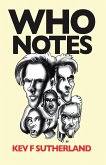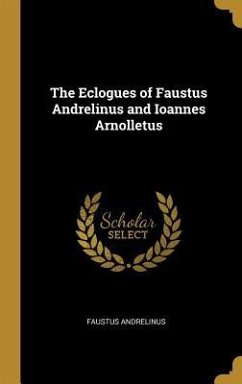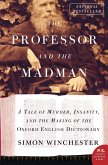This is a reader's guide to Mann's classic novel that attempts to answer the most compelling question of the 20th century-how could millions of Jewish men, women and children have been murdered by the government of a country that prided itself as the civilized "land of music," the land of Bach, Mozart and Beethoven? Mann gives a new answer to this question-the land of music produced not only the freedom-based music of Bach, Mozart and Beethoven. It also produced twelve-tone row music, "serial" music composed without freedom but with strict controls. This new and ultra-control German music arrived with the advent of the Nazis. Actually invented by the German Arnold Schoenberg, in the novel this radically new Gestapo music is invented by a fictional composer Adrian Leverkuhn. Mann believed that this kind of music contains the key to what happened politically in Germany starting at that same time. For him it is no accident that the first composition using the serial method was published in the same year Hitler became head of the National Socialist party. The key is that the music is composed with a rigid set of rules that must be slavishly followed for all aspects of music. The rules denied composer freedom. This kind of control music is discussed against the philosophical implications of the music of various composers such as Bach and Beethoven. Mann presents the view that Beethoven's late period music paved the way to Leverkuhn's serial music, to Gestapo music. Mann finds a demonic energy field at the heart of both serial music and of Nazism. Both triggered the rise of a demonic force by reason of blind and slavish obedience to rigid rules designed to establish control over too much, control over so much that freedom-denying methods were necessary to try to hold the result together. But Mann means something radically different by a demonic energy field. This is not your father's devil and this devil does not wear Prada. Mann's demonic is not a supernatural force. It is triggered by humans trying to control too much, even if the control is ostensibly designed for a good purpose. It happens when the end justifies the means. Does that sound familiar? As you will note, Mann's answer is relevant for events in Iraq in 2007. In the demonic energy field and like Doctor Faustus before him, Leverkuhn receives genius level energy but is rendered impotent of love, the demonic destroying the freedom that is the foundation for love. Genius-powered Leverkuhn produces serial "music" of a dissonant, fragmented and irreconciled character, a mirror of his soul. In order to indicate that the same demonic process was at work on the national level in the case of the Nazis, Leverkuhn is given many of the personal characteristics of Hilter, including syphilis, and Leverkuhn's biography is told in brilliantly structured counterpoint against the last years of the Third Reich.
Hinweis: Dieser Artikel kann nur an eine deutsche Lieferadresse ausgeliefert werden.
Hinweis: Dieser Artikel kann nur an eine deutsche Lieferadresse ausgeliefert werden.








